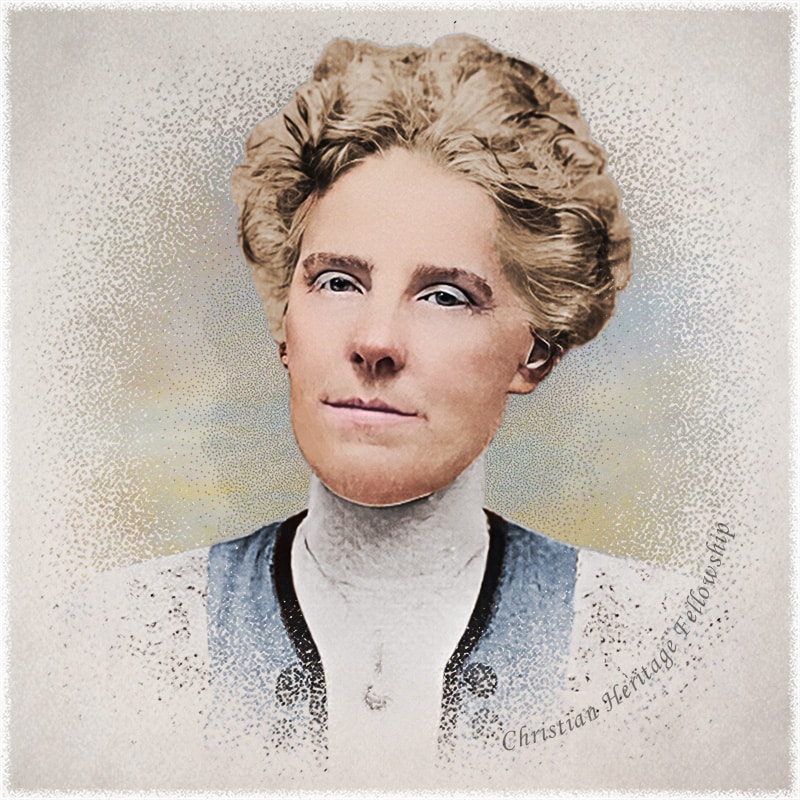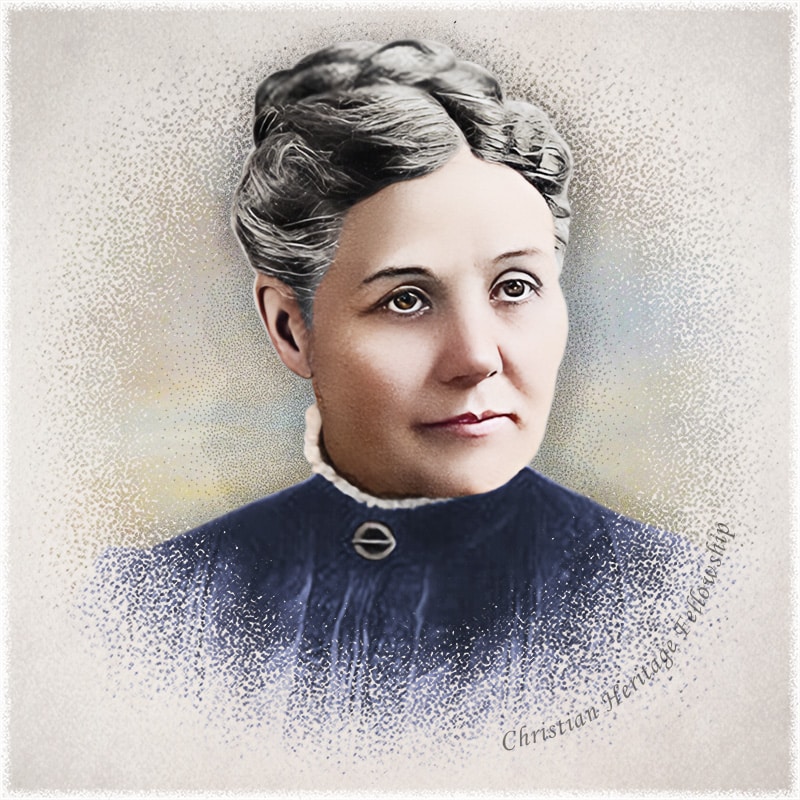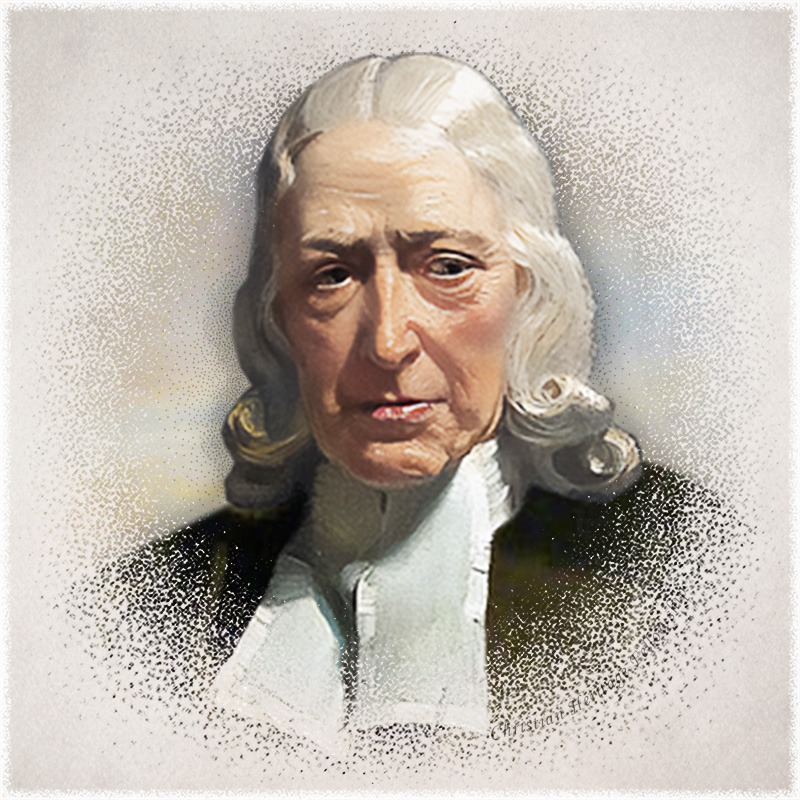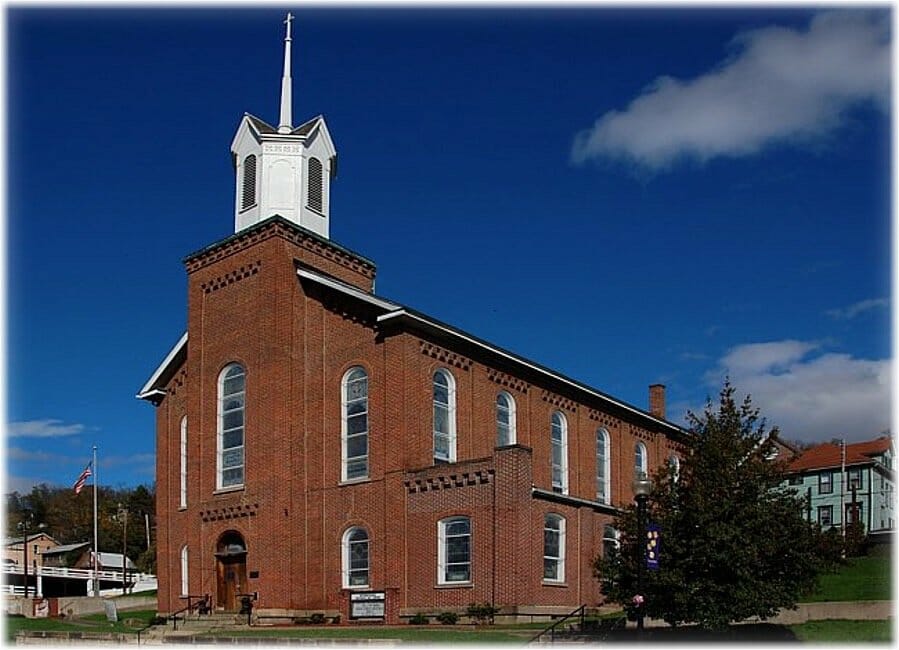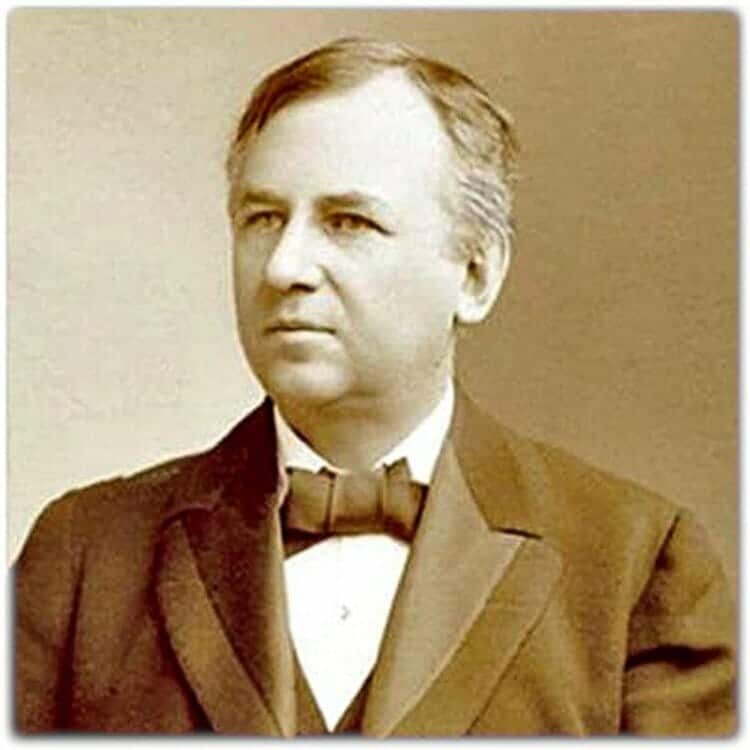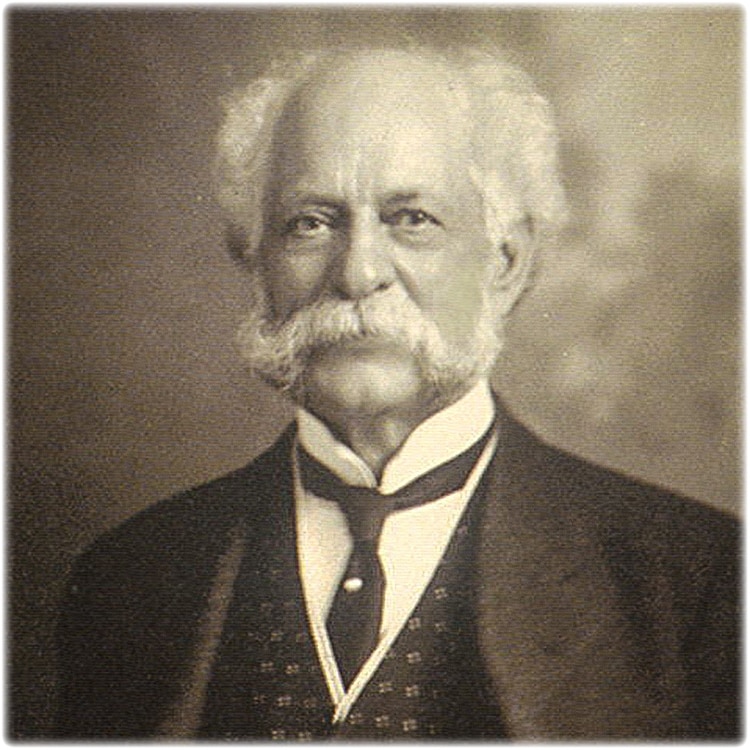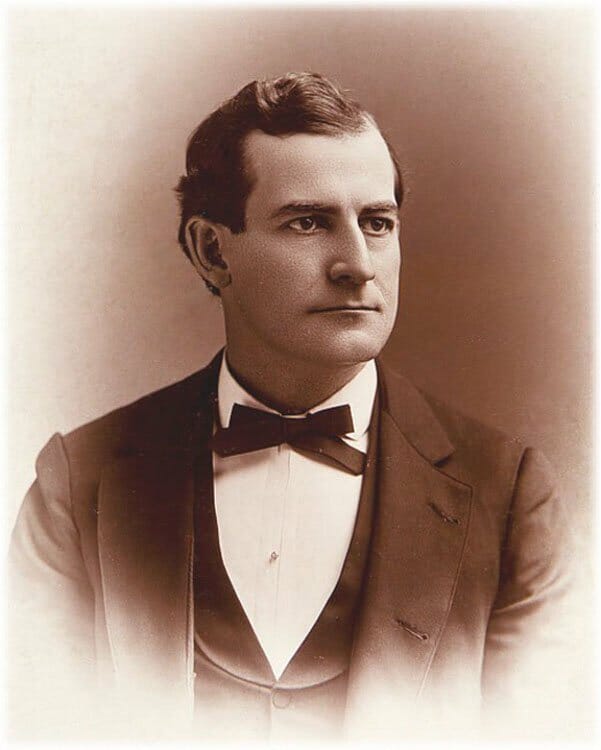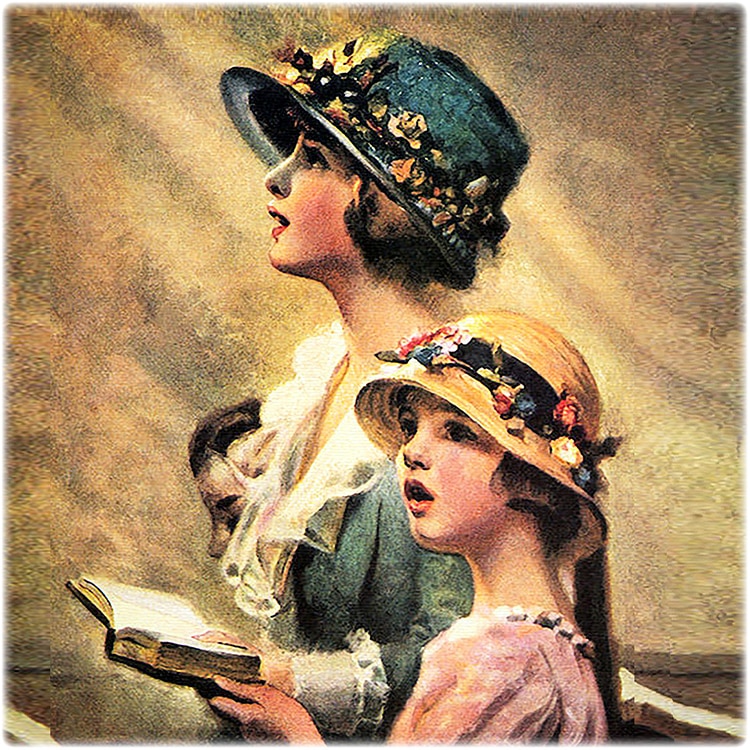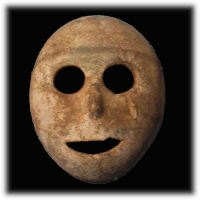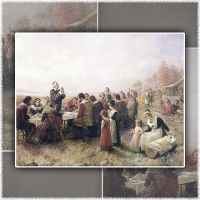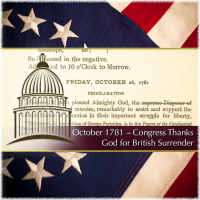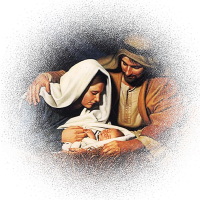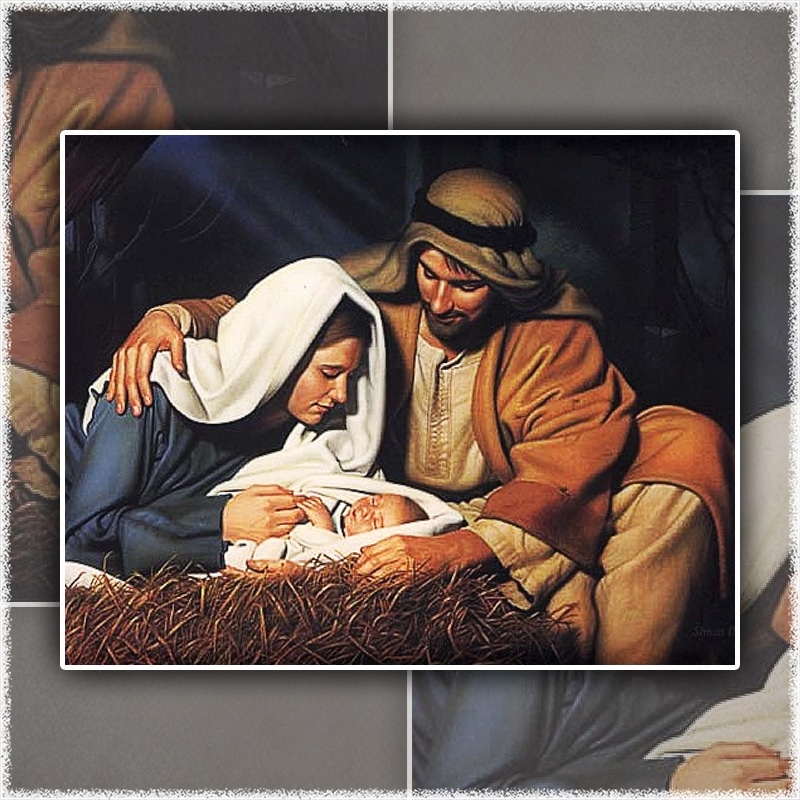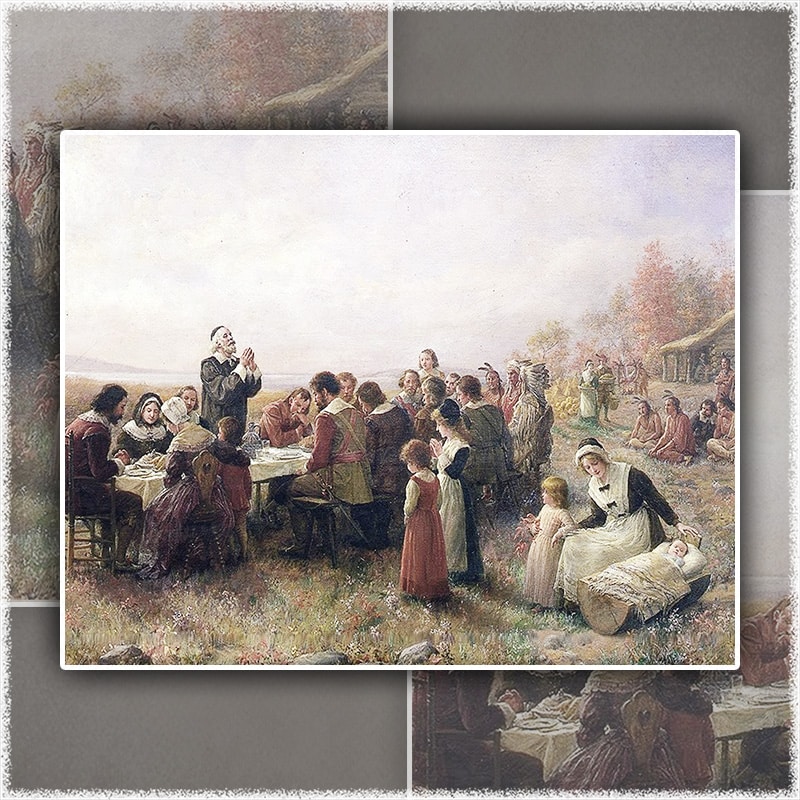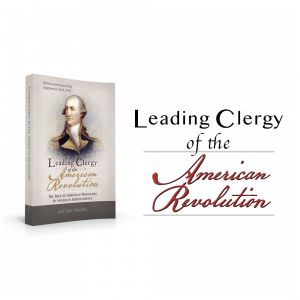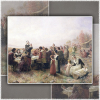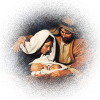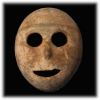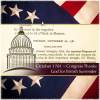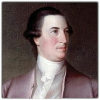Origin of Mother's Day One of the many proofs of America's Christian origin and development is the history of her holidays. Though secularists and the irreligious have in recent decades both denied and denounced America's Christian origin, overwhelming evidence demonstrates this Christian influence. At a time when human relationships in America and around the world are confused and conflicting, observance of God's original design will always prove to be a blessing to the individual, the family, the church, the nation, and the world. The origin of Mother's Day, like the overwhelming majority of American holidays, arose from within Christianity as part of a desire to recognize and celebrate virtues esteemed within the Bible and the Christian faith.
Given the fact that America's heroes and heroines came under attack in the early twentieth century by socialists and communists from within America, it is no surprise that the Christian origin of Mother's Day should be denied and denounced by the irreligious and their disciples. In the late-nineteenth and early-twentieth centuries, Christianity in Europe and North America began to cut itself adrift from its historic and biblical foundations. Though the leadership in the vast majority of Christian churches generally initiated this movement away from the historic faith of Christianity, the laity in those same denominations was far more hesitant to follow their leaders in this respect.
Unlike many who were being caught up in the currents of irreligion and godless socialism, the founder and initial architects of Mother's Day in America arose as witnesses to the historic and biblical values that were so highly prized and practiced by America's Founding Fathers. It is not an overstatement to insist that Mother's Day in America arose as an attempt to formally recognize and ensconce those biblical values in America's cultural life.Origin of Mother's Day
The subject addressed in this article is discussed at greater length in The Christian Origin of Mother's Day. Christian Heritage Fellowship would be honored to work with individuals, businesses, churches, institutions, or organizations to help communicate the truth concerning the positive influence of the Christian faith by providing bulk pricing: Please contact us here... To purchase a limited quantity of this publication, please click: Purchase here...
Article Contents
Early Life of Influential Figure
Though some attempt to dilute the Christian origin of Mother's Day by attributing its origin to other influences, the overwhelming influence was the result of the effort of Anna Marie Jarvis (1864–1948). In doing so, Ms. Jarvis sought to commemorate the Christian values and influence of American women upon their families and society, regarding her own mother as exemplary. As Princeton scholar, Dr. Leigh Eric Schmidt—graduate Professor and advisor to the present writer—has noted, "Whatever sources or precursors there may have been…[Anna] Jarvis certainly deserves the lion's share of the credit for the invention of Mother's Day."[1] Though never having married, nor having personally experienced the challenges associated with motherhood, Anna Jarvis was capable of appreciating and commemorating this important familial office through the experience of her mother and namesake, Ann Maria Reeves Jarvis (1832-1905).Origin of Mother's Day
Ann Maria Reeves Jarvis was born in Culpeper, Virginia on September 30, 1832, to a Methodist minister and his wife, the Rev.Josiah W. and Nancy Kemper Reeves. Under the influence of a Christian home and vibrant church life, Ann was converted to a living faith in Christ as a girl at the age of twelve.[2] Given the importance of Christian teaching set to song by the Methodist tradition, it is no surprise that Christian songs and hymns played an important part in Ann's conversion and subsequent Christian life.
Daughter Anna reflected upon Ann's love for Christian hymnody, noting such cherished hymns as "Nearer, My God, to Thee" and "Jesus, Lover of My Soul." One historian noted the role of hymnody and the context of Ann's conversion when he wrote, "These songs were still warm with the fervor of the camp meeting; revivals remained a regular feature of popular Protestantism in this era, and a notably large one had stirred up the Methodists in Grafton…"[3]
In 1850, eighteen-year-old Ann married Granville E. Jarvis, the son of a Philippi, West Virginia, Baptist minister, and moved to nearby Webster in Taylor County, West Virginia two years later. Here Ann and Granville became deeply involved in the Methodist Church.
One of the greatest forces for good in American history has been known by some historians as Christian "volunteerism." This movement arose out of deep Christian evangelical convictions that under the preaching of the Gospel and the movement of God's Spirit, Christians should diligently labor to improve every sphere of society. Though it may be argued that Ann and her husband Granville became part of the movement of volunteerism, it would be more accurate to suggest that their Christian service was reflective of the most influential currents of Christianity, which were animated by deep and abiding biblical convictions. Rather than having associated themselves with a faddish movement, Ann and Grandville aspired to pattern their lives after the biblical examples provided for them in the homes in which they were raised.
Beginning of Mothers' Day Work Clubs
Along with the Baptists, the Methodists eagerly followed the westward movement of the American frontier. Generally, these two denominations were the first to erect churches and dot the landscape of new towns and villages that sprang up along the way. Having been raised in the historic Methodist tradition, Ann drew upon the looming examples of John Wesley—Methodism's founder—who left a legacy of concern for both the physical and spiritual well-being of individuals. Throughout her area of West Virginia, Ann organized a series of Mothers' Day Work Clubs in the towns of Webster, Grafton, Fetterman, Pruntytown, and Philippi to improve the general health and sanitary conditions of these towns. These clubs helped to raise money for medicine, hired nurses to work for families where women suffered from tuberculosis, and inspected the sanitation of milk and food. Encouraged by the efforts of the women, local doctors supported the formation of such clubs in other towns, beginning in 1860.
At the onset of the Civil War in 1861, Ann Jarvis urged the Mothers' Day Work Clubs to maintain neutrality, thereby allowing the clubs to minister to both Union and Confederate soldiers. Since the Baltimore and Ohio Railroad made their county of Taylor a strategic center during the war, the women's clubs treated the wounded and helped to feed and clothe soldiers stationed in the area. To her credit, Ann labored to preserve an element of peace in a community torn apart by political differences.
Near the end of the war, Ann and her husband Granville moved their family to the larger town of Grafton, West Virginia. As the war came to an end, soldiers from both sides of the conflict returned to their hometowns, only to be greeted by lingering hatred harbored against their fellow townsmen because of their allegiances during the war. In the summer of 1865, Ann organized a Mothers' Friendship Day at the Pruntytown courthouse. Her desire was to help heal the bitterness of war held so deeply by those on both sides of the conflict. Despite fears that this event would erupt in violence, Ann's efforts were deeply rewarded. The event was a great success, and Mothers' Friendship Day was an annual event for several years to follow.
The motivation to help heal the hurts of the communities in which she lived was found in, then, the evangelical principles of the Methodist Church in which she was raised and in which she and her family remained. Under her husband's lay leadership, Granville, the Andrews Methodist Church was built in Grafton in 1873. Here Ann taught Sunday School for the next twenty-five years.
In the opening years of the twentieth century, Ann, nearing the end of life, experienced life's deepest sorrows. In 1902, Granville passed away and Ann soon after said good-bye to her home and friends that had been such an integral part of her life for nearly forty years. Moving to a town near Philadelphia, Pennsylvania, she was afforded the opportunity of living near her son, Claude, and two daughters, Anna and Lillian.
Only three years later, on May 9, 1905, Ann passed away, in a town just west of Philadelphia. Her Christian life and legacy were not quickly forgotten and soon became the focus and rallying cry for the importance of motherhood throughout the nation and around the world.
Two years after Ann's death, on May 12, 1907, her daughter, Anna, led a small tribute to her mother at the Andrews Methodist Church and dedicated her own life to establishing a nationally recognized Mother's Day that would enshrine the virtues of Christian womanhood in the conscience of the nation.
The following year, on May 10, 1908, the nation's first official Mother's Day ceremonies were held at the Andrews Methodist Church in Grafton, West Virginia, and the store auditorium of famed Presbyterian layman John Wanamaker, a merchant in Philadelphia, Pennsylvania. Having been chosen to speak in Philadelphia, Anna Jarvis sent a telegram to be read in the Andrews Methodist Church in her absence, reminding listeners of the purpose of the day, saying:
...To revive the dormant filial love and gratitude we owe to those who gave us birth. To be a home tie for the absent. To obliterate family estrangement. To create a bond of brotherhood through the wearing of a floral badge. To make us better children by getting us closer to the hearts of our good mothers. To brighten the lives of good mothers. To have them know we appreciate them, though we do not show it as often as we ought...
Mother’s Day is to remind us of our duty before it is too late.
This day is intended that we may make new resolutions for a more active thought to our dear mothers. By words, gifts, acts of affection, and in every way possible, give her pleasure, and make her heart glad every day, and constantly keep in memory Mother’s Day; when you made this resolution, lest you forget and neglect your dear mother, if absent from home, write her often, tell her of a few of her noble good qualities and how you love her.
"A mother's love is new every day."
God bless our faithful good mothers.[4]
The Honorable Ira E. Robinson, member of the congregation, offered a resolution establishing the second Sunday of May as Mother's Day. The resolution was immediately adopted, and Andrews Methodist Episcopal Church became the Mother Church of Mother's Day. John Wanamaker presided over the afternoon service in Philadelphia at his store's auditorium. Speaker Anna Jarvis addressed a crowd of 5,000 while another 15,000 sought entrance. Following the service, an official Mother's Day Committee was selected with two of America's most deeply committed evangelical Christian businessmen appointed to the committee—John Wanamaker and H. J. Heinz, among others.
Not surprisingly, the first Mother's Day Proclamation was issued in West Virginia in 1910, by Governor William E. Glasscock. But, this was only the beginning of an increasing wave of interest, all because of the orchestrated efforts of Anna Jarvis. Only a few years passed before national recognition was received. In 1914, Anna requested that Representative Heflin of Alabama and Senator Sheppard of Texas introduce a joint resolution establishing the second Sunday in May as Mother's Day. The resolution passed both Houses, President Woodrow Wilson signed the resolution, and William Jennings Bryan, Secretary of State, proclaimed it.
Bryan is often remembered for his prosecution of Darwinism in the famed Scopes "Monkey" Trial of Tennessee (in July 1925). So taxing was this experience to Bryan, that he was found dead in his sleep five days following the trial. The Methodist Church memorialized the efforts of Anna and her mother when in 1952 it recognized the Andrews Methodist Church of Grafton as, "The Mother Church of Mother's Day."[5]
Had Ann Maria Reeves Jarvis been self-absorbed or merely content with worldly pursuits, America and the rest of the world might very well never have initiated a Mother's Day observance. While daughter Anna rightly deserves the credit for having initiated this annual celebration of motherhood, doubtless it was the memory of the Christian virtues exemplified by Ann toward her family that was the compelling force in the most disappointing moments of Anna's efforts to institutionalize Mother's Day.
Soon after Anna's efforts toward the recognition of Mother's Day were realized, florists and other commercial ventures quickly exploited the occasion to their materialistic interests—something Anna vigorously resented and resisted.[6] Central to the efforts of Anna were the virtues of motherhood and their importance to the family and the nation; more specifically, it was the Christian virtues in which Anna had been raised that she sought to recognize:
[Anna]Jarvis remembered her mother especially for her [Christian]evangelical piety [or godliness]and practice. She noted her mother's spiritual linage with pride: Her mother was the daughter and granddaughter of Methodist ministers, and that side of her family liked to boast of ties back to the founding years of the Wesleyan [Methodist] movement… To the daughter, her mother's life was true to these evangelical roots, and Jarvis carefully recollected her mother's involvement in the church—her decades-long work in the Sunday School, her leadership in local church societies on issues of education and benevolence, her patterns of daily prayer, her favorite Bible verses, and her annual fasts on Good Friday (a piece of the traditional church year that had survived among some Methodists).
The daughter also remembered her mother's graces at meals and made particular note of how it was her mother, not her father, who took responsibility for this familial devotion around the table. Such small acts of worship were the substance of the popular Protestant piety in which Jarvis was reared; one sees in these…little bits of devotion the tangible, unfeigned habits of evangelical truth.[7]
Like so many children who have loved and admired their parents, Anna's intense feelings for her mother were heightened by the eyewitness accounts of her mother's suffering and sacrifice. Not only did Ann Maria Reeves Jarvis seek to comfort others in the midst of their pain and suffering. Ann was personally well acquainted with grief, for she and Grandville had lost seven of their eleven children in their childhood to the dark specter of death.[8] In the midst of healing the wounds of war and disease, Ann herself was deeply wounded, carrying with her the intense pain of the loss of her children.
Though unknown to most, it is a fact that Mother's Day in the United States and most parts of the world arose out of the heart of the Christian evangelical women's volunteer movement. May God bless our homes, churches, and nation with mothers whose hearts are a similar blessing to their families and the world!
America deserves to know its true heritage.
Please contribute today!
[1] Leigh Eric Schmidt, Consumer Rites: The Buying and Selling of American Holidays (Princeton: Princeton University Press, 1995), 253.
[2] See Howard H. Wolfe, Mother's Day and the Mother's Day Church (Kingsport, Tennessee: Kingsport Press, 1962), 232. also see, Schmidt, Consumer Rites, 249f.
[3] Schmidt, Consumer Rites, 249-250.
[4] "The Founder of Mothers Day," http://www.wvgenweb.org/taylor/mothersday/founder.htm, May 13, 2012.
[5]The Encyclopedia of World Methodism, s.v. "Jarvis, Anna M."
[6] For an extended discussion of this subject, please see Schmidt, Consumer Rites, 256-267.
[7] Schmidt, Consumer Rites, 249.
[8] Schmidt, Consumer Rites, 250.


